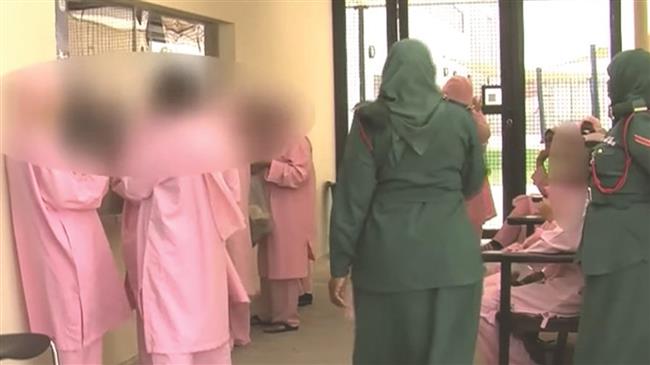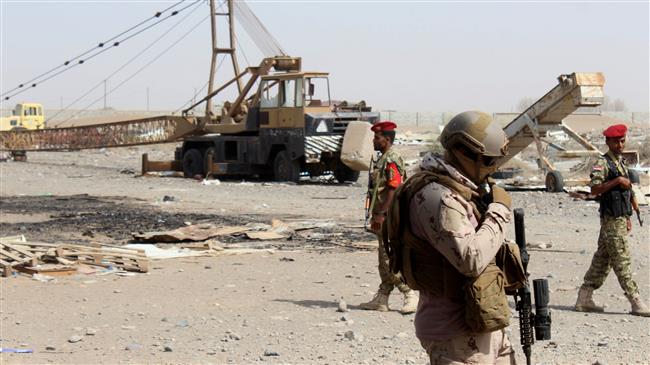Terminally-ill Emirati woman 'dies from medical negligence' in prison
A terminally-ill Emirati cancer patient has died in prison after authorities in the Persian Gulf Arab state denied her adequate medical care.
The Arabic-language al-Araby al-Jadeed news website, citing local activists, reported on Saturday that 42-year-old Alia Abdel Nour had died as a result of medical negligence and abuse at al-Wathba Prison in the United Arab Emirates capital city of Abu Dhabi.
Human Rights Watch (HRW) had warned on February 26 that Abdel Nour, who was diagnosed with breast cancer a month into her detention more than three years ago, was not receiving proper medical treatment, and being denied regular contact with her family.
The New York-based rights group also called on the Emirati authorities to release the woman “given her condition.”
“Abdel Nour should be allowed to spend her last days watched over by her family, not by prison guards who keep her shackled to a hospital bed,” HRW’s Middle East and North Africa director Sarah Leah Whitson said in a statement.
The Emirati woman was arrested on July 28, 2015, from her home in the UAE.
She was forcibly disappeared to an unknown location and held for four months without being allowed to communicate with her family and without the disclosure of any information about her fate or whereabouts to anyone.
Abdel Nour claims she was kept blindfolded while in solitary confinement for the four-month period, and denied regular access to the bathroom and contact with her family.
Even though she was diagnosed with breast cancer shortly after her arrest, security forces interrogated her while blindfolded and shackled, and threatened to torture her and her family.
Abdel Nour was then charged with financing terrorism and dealing with terrorists outside the country in 2017. She was sentenced to 10 years' imprisonment.
The Emirati woman had her hands and feet shackled to a hospital bed day and night. Prison guards said last year that the chains would only be removed upon death, according to family members.
“While heart wrenching, Abdel Nour’s case is not unique. UAE leaders should divert their efforts from public relations campaigns to actually eradicating abuse and instituting the rule of law,” Whitson said.
In early February, the London-based International Campaign for Freedom in the United Arab Emirates (ICFUAE) released a short film entitled “Alison” based on Abdel Nour's case.
‘Say no to Biden’: US college being pressed not to endorse genocide
VIDEO | UN: Alarming food insecurity crisis grips Afghanistan
VIDEO | Stuck in quagmire
UK suspends legal assessments of Israeli violations in Gaza
Students protest at US universities to urge end in financial ties to Israel
Biden signs war aid bill supplying Israel, Ukraine with more weapons
VIDEO | France, West warn Israel against escalation with Iran
Iran refutes Kuwait’s assertion of exclusive rights to Arash gas field


















 This makes it easy to access the Press TV website
This makes it easy to access the Press TV website